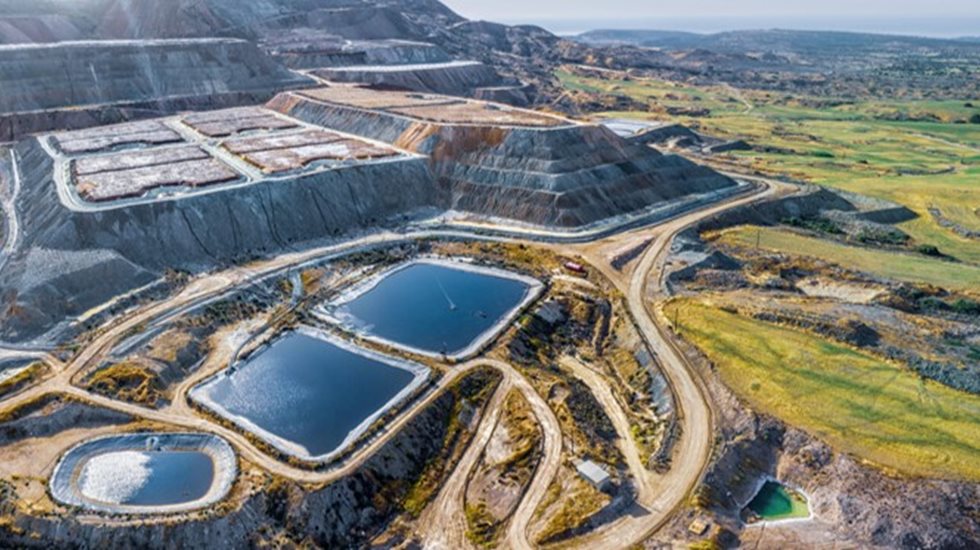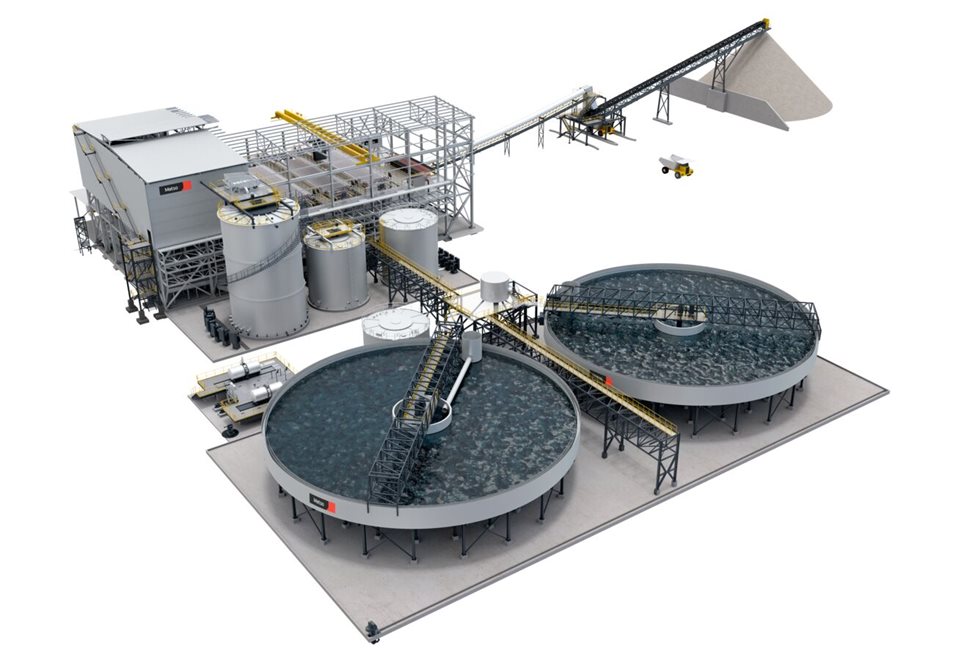Currently, each mine acts either according to local laws and regulations or out of its own voluntary sustainability obligations that often exceed the regulatory framework. Mines are continuously looking for ways to conserve resources, reduce their environmental footprint and manage safety. Mining companies are looking for partners that not only could offer the best initial CAPEX, but also lifecycle cost, while also supporting the adaptation to the changing norms.
To manage tailings sustainably, it’s important to understand the processes and production from excavation to end-of-mine thoroughly as it allows to find the best solutions that meet both environmental and production requirements. Metso Tailings Management Solutions combine practices of tailings dewatering, safe and sustainable slurry transportation and material handling and reprocessing existing tailings. We have an end-to-end holistic tailings management approach and strive to bring change to the way we and our customers view, handle and manage tailings.
Smart solutions that save water and use data
Water savings, the cost of tailings and their reclamation are becoming increasingly significant for sustainable and economically viable mining for long-term survival. Today, about 70% of the mines operated by the major mining companies are in countries where water scarcity is a major risk for society. Therefore, responsible usage of water is the primary driver for increasing interest in tailings dewatering and smarter solutions.
In recent years, digital technologies have significantly advanced and now allow to monitor the tailings storage facilities via drones and on-ground measurement devices. Developments in artificial intelligence (AI) can give mine operators a higher level of security and more time to react when changes occur.
Metso smart dewatering solutions are specifically designed for environmentally efficient tailings handling and management. Metso dewatering solutions can process a high volume of tailings and help save operational and maintenance costs while also gathering data and preventive maintenance know-how, leading to reduced wear and tear.
For example, the Larox FFP3716 filter allows for local data collection which can be turned into an in-depth analysis for high volume tailings processing leading to savings in operational and maintenance costs. The capabilities also extend to the hydraulics operation, ultimately reducing the wear of the equipment and increasing the life of components.
Changing the view around the stacking of tailings
The way tailings are handled can have a long-term impact on the mines’ economic efficiency, risk management and sustainability. Stacking of tailings is still unconventional compared to the wet tailings dam approach. However, it seems that tailings filtration followed by stacking is the most promising and ecological way forward.
Switching to filtration, stacking and decommissioning legacy dams can result in increased water savings and reduce the impact on the surrounding areas of a mine. Tailings stacking can also help avoid social hazards as seepage of natural water bodies doesn’t occur and the risk of contamination is lower. It is also important to highlight that safer and more ecological tailings management reduces conflicts with local communities and regulatory bodies while supporting with attaining licenses to operate.
At Metso, we are also challenging the conventional thinking around the costs associated with filtered tailings and stacking. Contrary to the conventional belief, filtered tailings can be more efficient from CAPEX and OPEX perspectives when compared to wet or thickened tailings.


